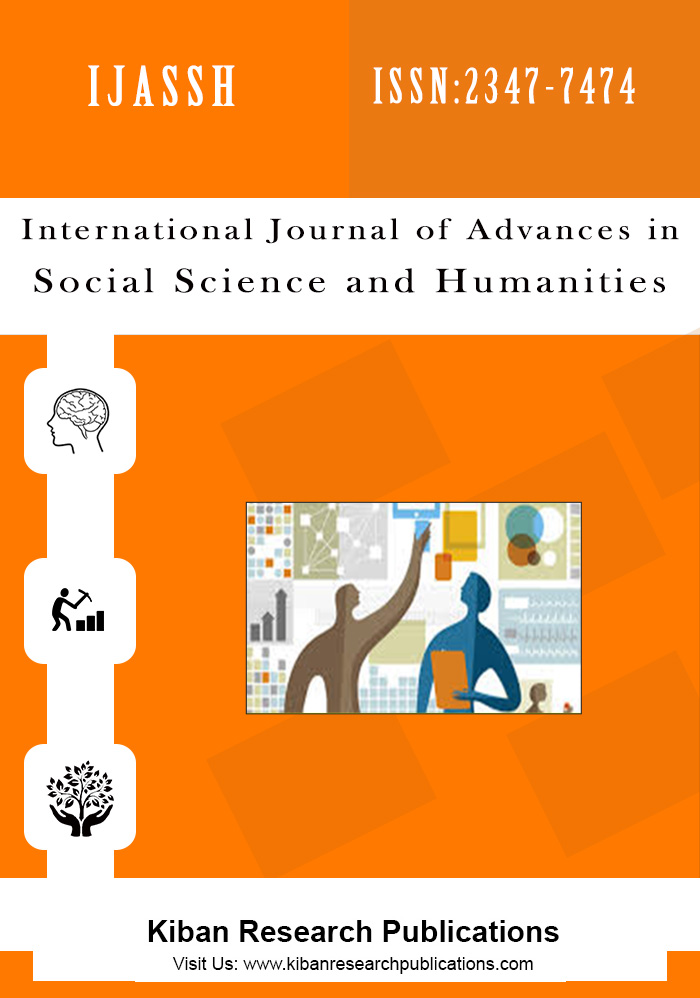The Effect of Brain-based Learning on Academic Achievement in Teaching Grammar
Abstract
The aim of this study is to determine the effect of brain-based learning on academic achievement in teaching grammar. Quasi-experimental model was used in the study. The group for study composes of 66 primary education student in Trabzon/Turkey (34-for experimental group and 32-for control group). In the process of research, lessons were given with an approach based on brain in the experimental group and lessons were given with an approach based on teacher in the control group. In the study, data were collected with “Parts of Speech Achievement Test†and “Open Ended Question Formâ€. Quantitative data of the study were analyzed with independent t-test, dependent t-test and single factorial ANOVA test; and qualitative data were analyzed by using content analysis. At the end of the study, it is seen that there is a huge difference between the academic success of the group to whom lectures were given with the approach based on brain and the academic success of the group to whom lectures were given with an approach based on teacher. When it is examined the learning level for the concepts about parts of speech, it is revealed that the students with the approach based on brain were much more successful than the students with the approach based on teacher. In accordance with the results, it is recommended that it can be benefited from practices of the brain-based learning in teaching grammar.
Â
Keywords: Brain based learning, Teaching grammar, Turkish grammar, Mother tongue.




